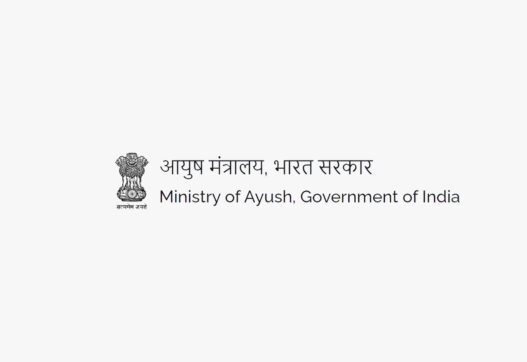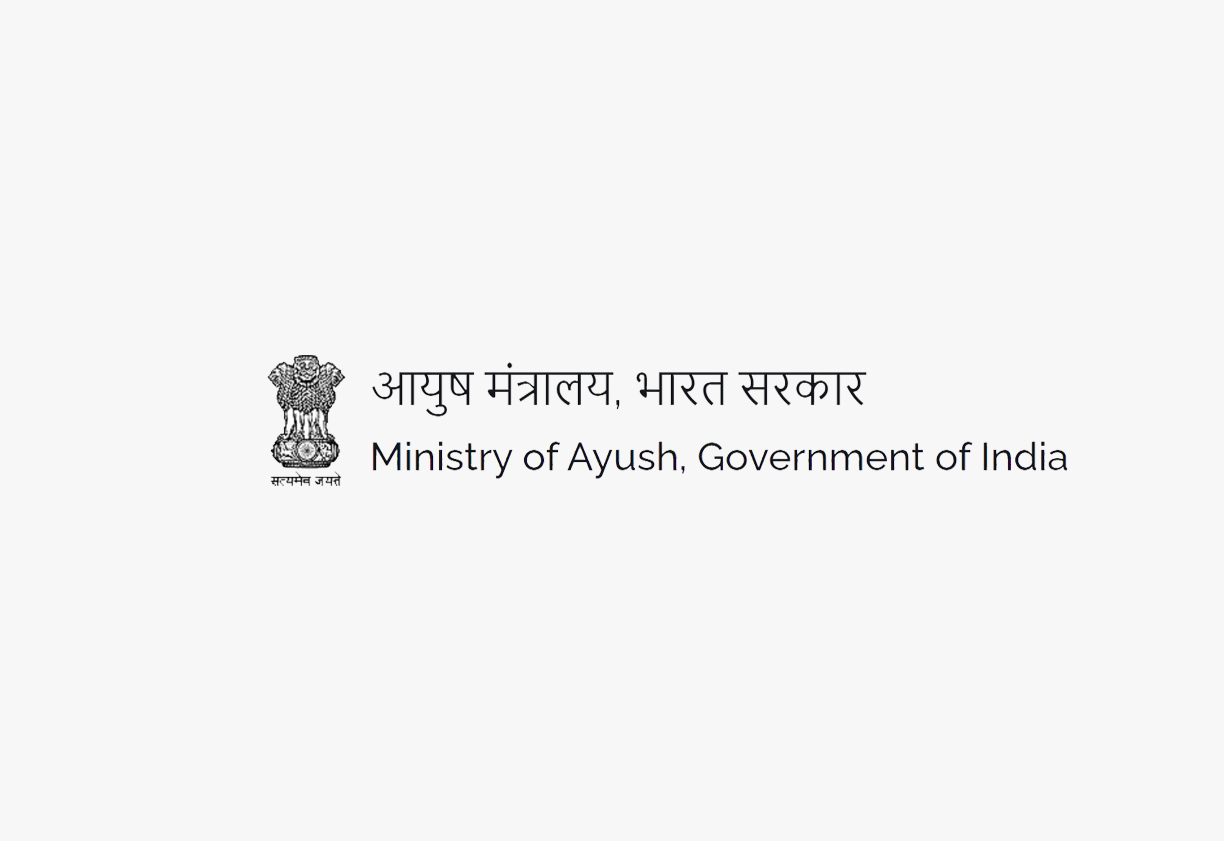Ministry of AYUSH
The National Commission for Homoeopathy Act, 2020, is a significant legislation in India that aims to provide a medical education system that ensures access to quality and affordable homoeopathic medical education. This Act establishes the National Commission for Homoeopathy (NCH) and related bodies to regulate and promote the homoeopathic system of medicine. This article provides a summary of the Act, highlighting its background, key provisions, and governance structures.
1. Act Background and Ministry:
-
Background: The National Commission for Homoeopathy Act, 2020, was enacted to provide for a medical education system that improves access to quality and affordable homoeopathic medical education, encourages research, and maintains high ethical standards in medical services. It reflects the government’s commitment to promoting and regulating alternative systems of medicine.
-
Ministry: The Act is primarily administered by the Ministry of AYUSH (Ayurveda, Yoga & Naturopathy, Unani, Siddha, and Homoeopathy), Government of India.
2. Enactment Date, Number of Chapters, Number of Sections:
-
Enactment Date: The Act was enacted on September 20, 2020.
-
Number of Chapters: The Act is divided into eight chapters.
-
Number of Sections: The Act contains 59 sections.
3. Act Governed By:
The Act is primarily governed by the Central Government, which has the power to establish the National Commission for Homoeopathy (NCH), appoint its members, and make rules for carrying out the purposes of the Act. The NCH is responsible for regulating homoeopathic education and practice.
4. On Whom It Is Applicable:
The Act applies to:
-
National Commission for Homoeopathy (NCH): The body established under the Act.
-
Homoeopathy Education Board: A board constituted to regulate homoeopathic education.
-
Board of Ethics and Registration for Homoeopathy: A board constituted to regulate professional ethics and registration of practitioners.
-
Medical Assessment and Rating Board for Homoeopathy: A board constituted to assess and rate medical institutions.
-
Homoeopathic Medical Professionals: Individuals practicing homoeopathy.
-
Medical Institutions: Institutions offering education in homoeopathy.
-
Students: Students enrolled in homoeopathic medical institutions.
5. Penalties/Punishments:
The Act prescribes penalties for violations of its provisions, including:
-
Fines: Fines are imposed for various offenses, such as contravention of regulations, unauthorized practice, and failure to comply with orders.
-
Imprisonment: Imprisonment may be imposed for certain offenses, particularly for practicing without a valid license.
-
Monetary Penalties: Monetary penalties are imposed for various violations.
6. Important Pointers:
-
National Commission for Homoeopathy (NCH): The Act establishes the NCH as a body corporate with perpetual succession.
-
Composition of NCH: The NCH consists of a Chairperson, ex-officio members, and part-time members.
-
Advisory Council for Homoeopathy: The Act establishes an Advisory Council to provide a platform for states and union territories to express their views on matters relating to homoeopathic education and practice.
-
National Examinations: The Act provides for the conduct of National Eligibility-cum-Entrance Test (NEET), National Exit Test (NEXT), and National Teachers’ Eligibility Test for Homoeopathy.
-
Autonomous Boards: The Act establishes autonomous boards for homoeopathic education, ethics and registration, and medical assessment and rating.
-
National Register: The Act mandates the maintenance of a National Register of licensed homoeopathic practitioners.
-
Recognition of Qualifications: The Act outlines the process for recognizing qualifications granted by universities and medical institutions.
-
Power to Make Rules: The Central Government has the power to make rules for carrying out the purposes of the Act.
-
Power to Make Regulations: The Commission has the power to make regulations for the efficient conduct of its affairs.
-
Grants and Accounts: The Act outlines provisions for grants, accounts, and audit of the Commission.
-
Protection of Action Taken in Good Faith: The Act provides protection to persons acting in good faith under the Act.
7. Act Copy:
The full text of the Act can be accessed through the official government gazette or legal databases.




